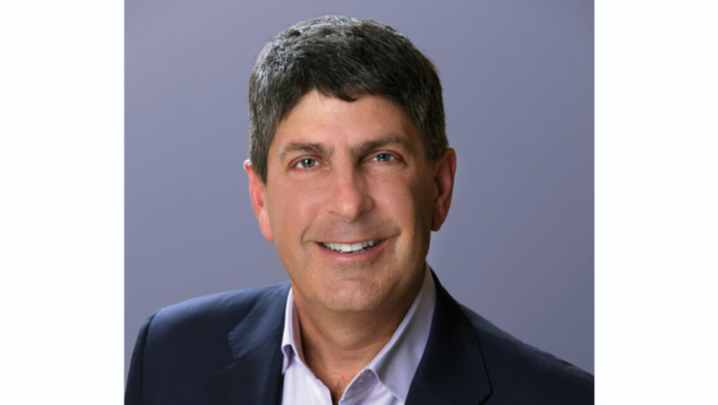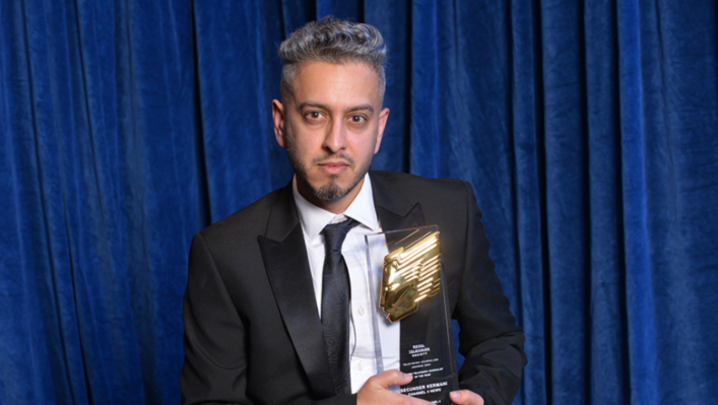Lindsey Hilsum explains why a foreign correspondent’s role can resemble that of a faithless lover.
It’s a burning hot Friday in August, and on a small islet in the Evros river that divides Greece from Turkey, a nine-year-old girl called Aya is dying of a scorpion sting. Her five-year-old sister, Maria, has already died.
Why is no doctor treating them? Because they are Syrian refugees, kicked like a football back and forth between the two countries. “No one hears us. No one wants us,” weeps 27-year-old Baida al Saleh, in a WhatsApp voice message she sends to Channel 4 News.
Her mobile battery is failing but she manages to send us video of the refugees, and we broadcast a story. The Greek government responds by denying that the 39 people are on Greek territory, even though the European Court of Human Rights has ordered it to mount a rescue.
We start to be trolled on Twitter by people saying we made up the story and it’s fake news.
Over the weekend, we contact humanitarian agencies and Greek government departments to ask for comment, hoping they will do something. Where is the line between being a journalist and a humanitarian?
After nearly 40 years as a foreign correspondent, I still struggle with that question. The public service remit we have at Channel 4 News means that my job is simply to tell the story – it’s up to others to act on it. But a little girl is dying – surely, we can do more?
This time last year, as the Taliban swept into Kabul, I felt the dilemma more acutely than ever. Women I had filmed on previous reporting trips were sending messages begging me to help them leave the country.
Mostly, I could do nothing, but I did help some human rights workers get asylum for a former policewoman, whose story of terrible abuse I had told on Channel 4 News. She and her two little boys are safely in Canada now.
On the whole, we don’t get so involved. We also tell alternative sides of the story: in Afghanistan, in June, we filmed Dr Roshanak Wardak, a gynaecologist/obstetrician, who has been appointed by the Taliban as head of mother/child healthcare in her province.
She’s not exactly a Taliban supporter, but she hated what she saw as US occupation, and believes that the end of the war is an opportunity.
She speaks with derision of the women who have fled, believing that they, like her, should stay and help other Afghans. Personally. I don’t blame any Afghan woman who wants to leave, but I have to admire her determination and courage.
Sometimes, I feel that being a journalist is like being a faithless lover. All the time I was in Ukraine this year I felt guilty about not being in Afghanistan. Now I feel bad about not being in Ukraine, as I haven’t reported from there since May.
At Channel 4 News, we have fewer resources than other broadcasters, but international news has always been a priority and eye-witness reporting is the bedrock of our programme. Sometimes, viewers stop me in the street to say how much they appreciate it.
Our story about the Syrian refugees became headline news in Greece, which put more pressure on its Government. That weekend, some Afghan refugees pushed a dinghy back to the islet, and the Syrians were able to reach mainland Greece, where they were rescued by the police.
On the Monday, the Greek minister for migration visited the group. They were receiving food, water and medical attention, he said, and Maria’s body would be brought to the mainland for burial.
It’s rare that a story has a direct impact. But, on this occasion, I think it did.
Lindsey Hilsum is international editor of Channel 4 News.





